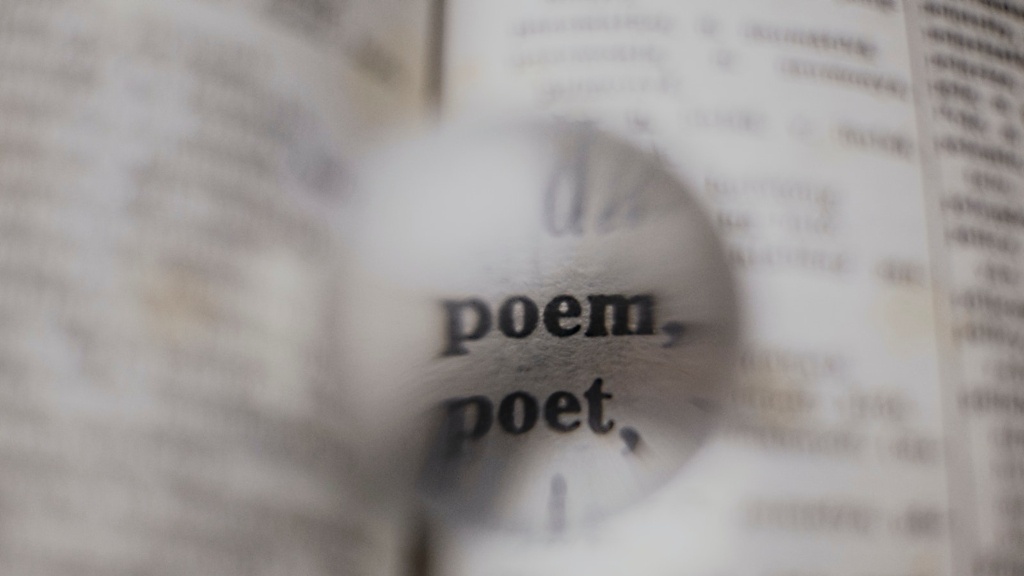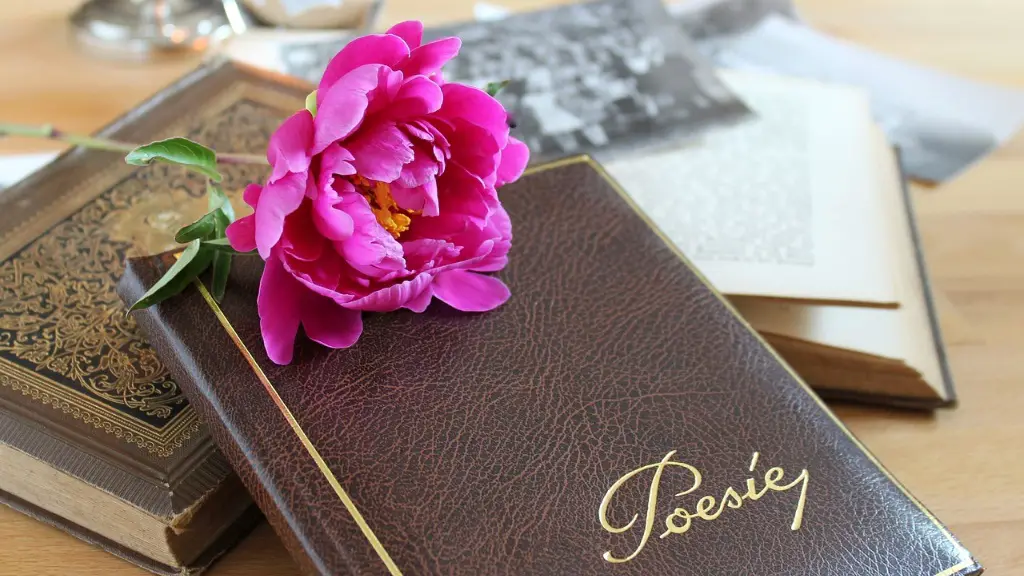For lovers of literature, poetry reigns as one of the oldest known art forms. It has been around since before written language, and its popularity continues to this day. It is a veritable industry for a select group of publishers and organizations that have dedicated themselves to its publication. Who, exactly, are these publishers, and what are their methods for donating valuable resources for the proliferation of the art?
In the modern publishing climate, there are many avenues for poets. Most notably, journals and magazines are amply available in print and digital formats. In many cases, these entities recognize the needs of poets, offering them financial compensation as well as platforms to be heard. Perhaps one of the most well-known sources is the academies, such as the Academy of American Poets, which produces the Plume Poetry Journal. It is a quarterly journal that both prints and digitally disseminates contemporary poetry. The Academy also provides writing awards, grants, and fellowships to support emerging talent.
For novel-length works, the publishing industry has many opportunities. Traditional houses and smaller, boutique imprints both specialize in the publication of full-length poetry. The biggest houses in the United States, such as Penguin Random House, Farrar, Straus & Giroux, Knopf, and Graywolf among others, have long been recognized for launching the careers of big-name poets. Smaller presses, however, have lately gained traction for fostering poets who have been previously unknown, or who are writing “experimental” works that do not fit conventional publishing demands. These smaller houses probably offer the most opportunity for rising poets, as the genre is wide open to new voices.
Other publishing resources are available to would-be poets. Digital platforms facilitate self-publication, and grant access to a wider audience than ever before. Self-publishing offers independence and creative control, where the poet can oversee the look and feel of their poetry collection with little input from outside sources. While there are no guarantees of success in this arena, it allows poets with a passion to share their work with the world without financial burden. There are countless platforms, but the most popular include Amazon, Kindle, and Smashwords.
Universities are also a hotbed of activity for poets. A large-scale university, like Harvard, has an expansive Creative Writing Program that provides both writing courses and publication opportunities. Our Harvard Poetry Magazine, for example, brings together student and faculty writers for a completely student-run endeavor. Not only do poets get to see their poetry in print, but they also gain invaluable feedback from the magazine’s staff. Publications from Harvard’s Creative Writing Program, such as Freshman Fifteen and To All Appearances, curate new and innovative works from undiscovered poets.
Although not a publisher, the Poetry Society of America works diligently to promote the art form for all levels of poets. It offers awards, scholarships, and even teachers’ programs to help bring poetry’s power to the public. For example, the organization’s annual National Poetry Month contest awards up to $10,000 to many poets. The prize money is sponsored by large and small businesses all over the United States, and winners can expand their reach and visibility in the literary world. Additionally, the initiative teaches high school and college students by coordinating events and offering prizes like The Beullah Rose Gospel Poetry Award.
Impact of Digital Media
Today, the technologies of the digital age allow for greater accessibility of poetry. Where readers and poets once had to rely on physical books, Twitter, Instagram, and other digital applications have become great platforms to share poetry creations and connect with poet-followers. Social networking has enabled poets to bridge the gaps between language barriers and cultures, while the rise of featured poets is opening up new pathways for discovery.
It is less of an obstacle now to expand ones exposure outside of the traditional publication industry. For example, hashtags like #poetrycommunity and #poetryprompts can be used to jumpstart collaborations, while streaming sites like YouTube, SoundCloud, and Spotify have become hotbeds for listening to everything from audio recordings of classic works to contemporary song-poems.
Another useful platform is Patreon, which allows patrons to directly support poets on a monthly basis. This is advantageous for poets because it allows them to develop a bond between the supporters and their work. Additionally, Patreon can be used to reward patrons for their monetary contributions with tangible perks such as merch or exclusive access to content.
All in all, the vastness of the publishing industry grants many options for poets, from boutique presses to digital media—all of which feed the continued longevity of the art form.
Competitive Markets
The competitive market of publishing extends to poets as well, which makes it difficult to get published in a world with so many creatives vying for their writing to be seen. Established and emerging poets alike must submit their works in order to get recognized, and getting accepted takes a great deal of skill, luck, and perseverance.
For publications with no pay structure in place, the chances of securing a place may be more challenging. Most of the time, journals and magazines are flooded with submissions. Many of them have high submission fees, and the acceptance rates are minuscule. It can be even harder for poets of color, female poets, or LGBTQ poets, as most of the time their works do not make it to the top of the reading stack.
Although the market is saturated, there are some tools that help aspiring poets hone their work. Writing workshops, memberships, and seminars help poets fine-tune their craft and strategize on sharing their poems. In the end, publishing success is a “numbers-game, as one must submit multiple times in order to be seen and heard in the literary community.
Final Note
Ultimately, poets have an array of options when it comes to publishing. Whether they choose to do it through a traditional house or a digital platform, it is essential to make sure that their work receives the treatment it deserves. However, while the journey towards getting published is undeniably complicated, the proliferation of digital media has helped challenge the conventional publishing structures, creating new avenues for poets to reach their audiences.
Previous Experience
When a prospective poet is ready to publish their work, it’s important to take stock of their past experiences. If there’s a history of successes—even small ones—make sure to highlight them in query letters and other materials. The more the poet can demonstrate their commitment to the art, the better their chances are of being recognized.
Awards, grants, or fellowships taken or won will also help when pitching a poem to publishers. Publications that aspire to provide opportunities for poets will often seek evidence of past performances, even if the results are not commensurate with the actual work. That’s why those smaller prizes really matter in the grand scheme of things.
When reviewing a portfolio, editors and publishers must also look for potential. They will often do their own research to get a sense of the poet’s ability to connect with an audience, and how the poet can develop their potential reach. Therefore, it is crucial to maintain an active presence both on and off the page—from attending conferences to blogging and engaging in social media.
Publicity Management
Poets faced with finding a publisher must also prepare for the possibility of a long-term collaboration. An author’s publicity management should be carefully planned out ahead of time. It is important to have a strategy for the online and offline promotion of a book, and to strike up strategic alliances with entities such as booksellers, literary magazines, radio and video outlets, and other opportunities. It is especially helpful to look within the local community for those chances to reach a broader audience.
In the end, it is essential to remain flexible while developing a personal brand. Poets should recognize that the literary community is constantly evolving, and part of this stems from the continual flux of technology. To keep up with the pace of success, poets must likewise adapt and entertain the possibilities afforded by these digital tools. It is quite possible that this is what will lead to the wider reach and relevancy for poetry for many years to come.
Ethical Considerations
When it comes to ethical considerations for publishing, a major factor is the selection process. Of course, editors and publishers will have their own aesthetic preferences, but it is important to ensure that their choices be made from a fair and unbiased perspective. Opportunities should be open to all poets, regardless of gender identity, ethnicity, geography, or other conditions. Furthermore, when dealing with sensitive materials regarding race, class, or sexuality, it is vital to understand that cultural boundaries must be respected.
On the financial side, writers must carefully read through the contracts they are signing. Many commercial publishers often stipulate hefty royalty rates that can leave a poet feeling underpaid. It is important to negotiate those terms and, if possible, to secure the rights of an essay collection or manuscript. Likewise, the usage and creation of copyrights are key and should be understood prior to signing.
Overall, there are a multitude of pathways for a poet to gain exposure in the literary community. Publications, awards and digital platforms all assist in widening the arena for poets to be discovered. For those yearning to have their poems live on, all of the resources at their fingertips can be used to further the cause and to become a master of their own destiny.





